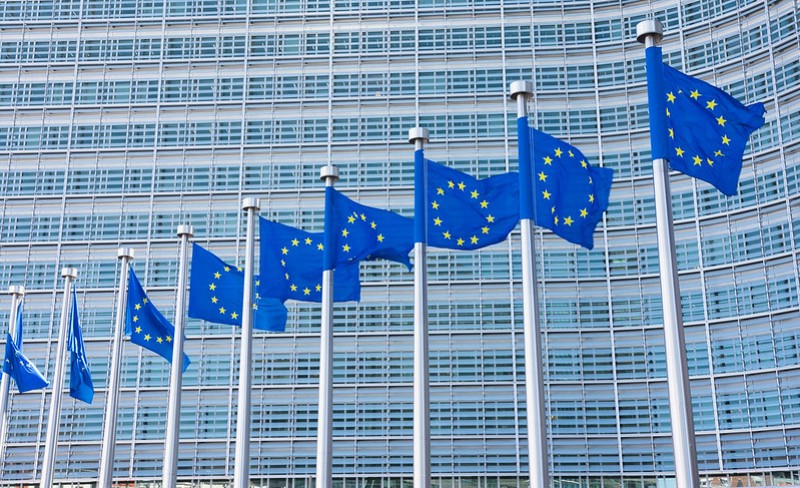The agreement must be officially approved by both bodies before it can take effect.
“The regulation has been drawn up amid concerns about the dangers posed by information manipulation and foreign interference in elections,” says a statement released by the council last week.
“It aims to make it easy for citizens to recognise political advertisements, understand who is behind them and know whether they have received a targeted advertisement, so that they are better placed to make informed choices.”
The new rules will also limit the ability of foreign actors to use advertising to affect elections. “To prevent foreign interference, the EU co-legislators have also agreed to ban the provision of advertising services to third country sponsors three months before an election or referendum,” the statement continues.
The agreement specifically addresses the personal data of citizens. Advertisers will only be permitted to utilize personal data if citizens explicitly give their consent for the specific purpose of online political ads.
Additionally, the new regulation will impose a series of bans.
The use of “special categories of personal data”, such as gender, sexual orientation and ethnicity, to target citizens with only political ads will be banned. The use of data of minors will be banned as well.
“This is a major step in protecting our elections and achieving digital sovereignty in the EU. Citizens will be able to easily spot political advertising online and who stands behind it,” said Sandro Gozi, one of the European Parliament members supporting the new regulation.
“The new rules will make it harder for foreign actors to spread disinformation and interfere in our free and democratic processes. We also secured a favorable environment for transnational campaigning in time for the next European Parliament elections.”
The aim of the new regulation is to help citizens, journalists and law enforcement understand who is behind the financing of political campaigns and how much they are spending.
The new rules will apply only to paid political advertisements. Excluded from the ban will be newsletters and emails regarding elections by political parties and NGOs, personal opinions, or political views, which are protected by freedom of expression in the EU.
Violators will face sanctions of up to 6 percent of their annual income.
The European Commission will also establish a publicly accessible database that will store all online political advertisements and related information for up to seven years. This database will be created 24 months after the rules come into effect, aiming to ensure transparency and accountability in political advertising.
Once approved, the rules will take effect after 18 months. Certain aspects of the laws, particularly those related to non-discriminatory cross-border political advertising, will already be in effect for the European elections scheduled between June 6 and 9, 2024.



